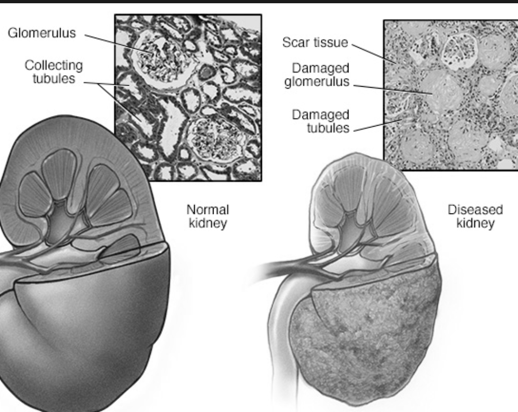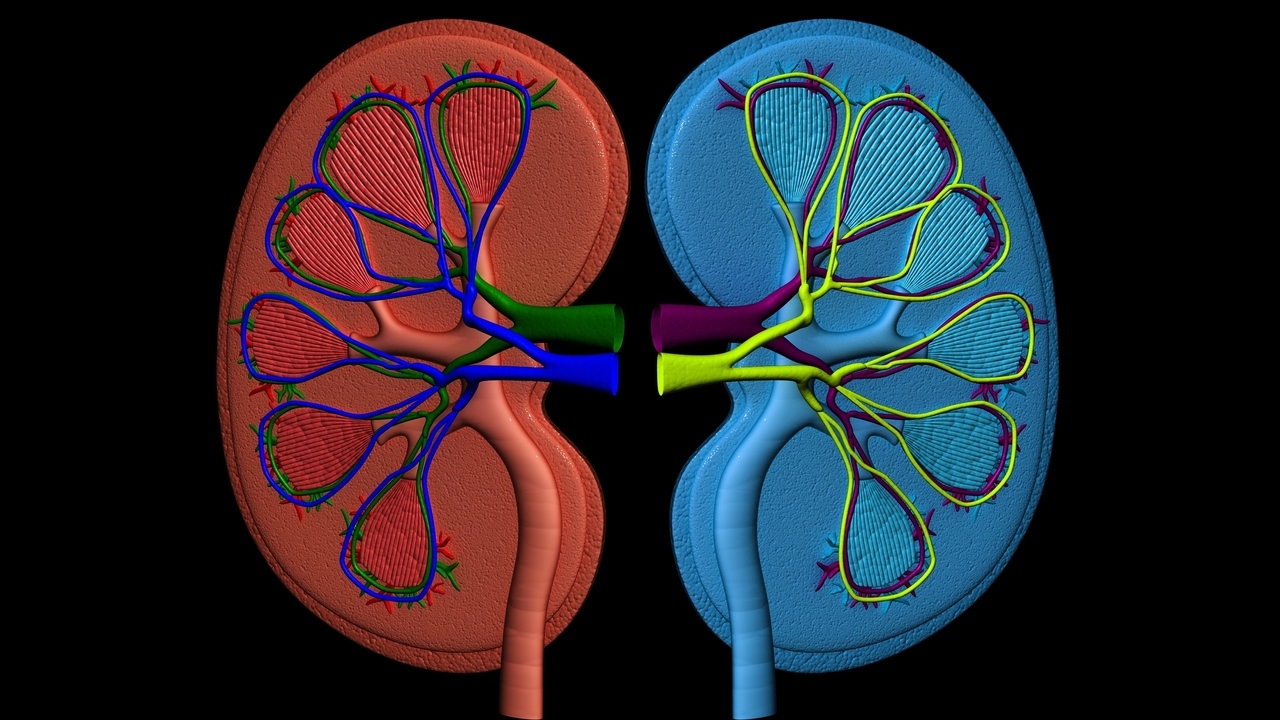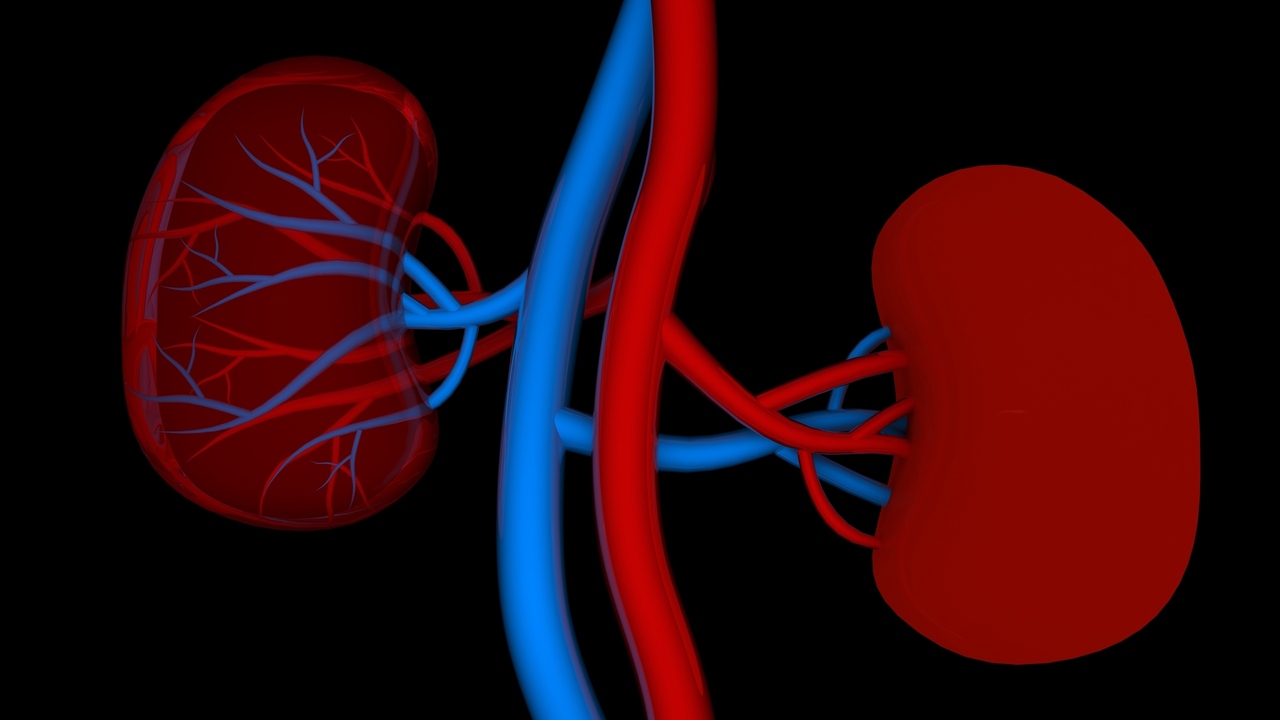According to the National Kidney Foundation, more than 26 million or one in nine Americans are at risk of chronic kidney disease (CKD). Many Americans are in danger of the disease because they have other risk factors like diabetes or high blood pressure, which are responsible for up to two-thirds of CKD cases.
Many are at risk of CKD but most people don't know they have the disease until they need dialysis. High risk groups for CKD are seniors, Hispanics, African-Americans, Native Americans and Pacific Islanders. Also, you can contract CKD at any age.
Fortunately, your doctor can administer three tests to determine if you have CKD. Those tests are blood pressure, urine albumin and serum creatinine.
If you or someone you know has one or more of the following symptoms, see your health care professional. Inform your doctor you are concerned about kidney disease and request a blood and urine test. Here are some symptoms of CKD:
• Swelling of the ankles
• Itching, dry skin
• Fatigue, feeling tired, less energy
• Change and frequency of urination, especially at night
• Vomiting and nausea
• Ammonia breath or taste of metal in your mouth
• Leg or back pain
• Trouble focusing and dizziness
• Feeling cold
• Trouble sleeping
• Muscle cramping at night
• Puffy eyes especially in the morning
CKD is not curable, but there are several measures you can take to slow the progression of the disease. Those actions include:
• Maintain your blood pressure and sugar levels
• Ask your doctor about a low protein diet and anemia
• Avoid certain over the counter drugs (ibuprofen, naproxen, ketoprofen, Motrin, Advil, Aleve, etc.). These over-the-counter drugs can affect kidney function.
• Ask your doctor about anemia
• Exercise
• Stop smoking
Also, understanding your medicals tests is one of the keys to making the best medical decisions for your disease. Don’t be afraid to ask your doctor the name and meaning of the tests. Know and track your lab tests by starting a diary of your test results. Some key questions to ask your doctor about your disease include:
• What are my lab test results right now?
• What can we do to keep my kidneys functioning as long as possible?
• What treatment is available for my symptoms?
• What are the next steps for my treatment?
• Will I eventually need dialysis or a transplant? When do you think I will need dialysis or a transplant?
CKD patients can have a good quality of life by following their individual treatment plans. Medication in the proper doses at the right times can slow down kidney disease.
Sources:
http://www.kidney.org/kidneydisease/
http://www.lifeoptions.org/kidneyinfo/ckdinfo.php?page=4





Add a CommentComments
There are no comments yet. Be the first one and get the conversation started!